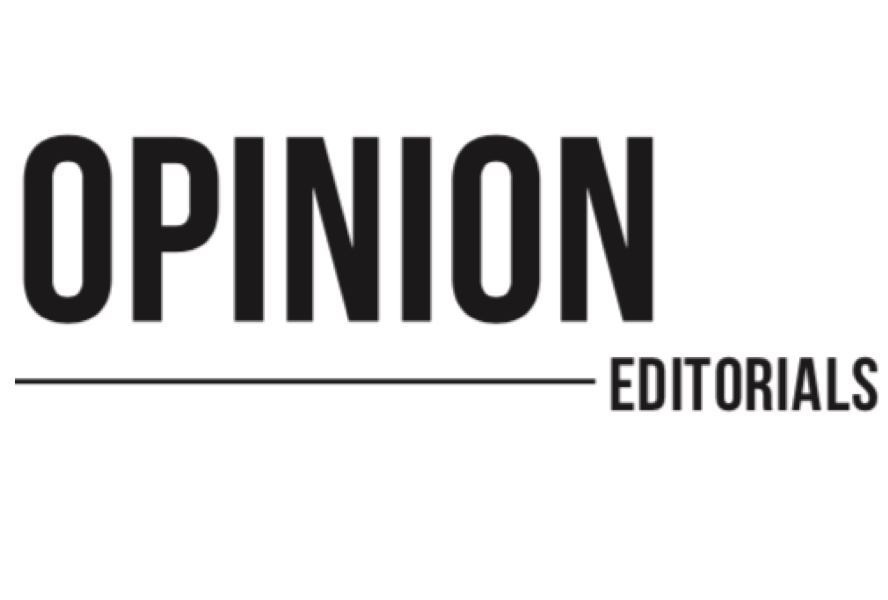Just Community takes a step in the right direction
May 23, 2018
By the BP Editorial Board
Dead. That’s the word a lot of people use to describe the Just Community and its three branches. But in a rare and admirable feat of liveliness and action, the Agenda Committee recently proposed a referendum to allow three Student Activities Committee co-chairs, instead of two, and to have two vice chairs, as opposed to one as in previous years.
It’s impressive that the committee used their weekly discussions and influence to put something positive forward to the student body. Even better, they are letting students vote on it. At the recent Agenda Chair debate, the democracy at Shalhevet was a question posed to candidates. Is our democracy false? Is the Just Community just symbolic of an ideal, not a reality? The fact that the Agenda Committee advanced an idea in a democratic and welcoming way shows democracy is and could be a reality at Shalhevet.
Even better, the referendum was brought to Agenda by the three SAC co-chair candidates, Maya Miro, Abbi Sentchuck and Isaac Kahtan. The Committee heard its constituents, and made itself a platform for students to actualize their ideas and desires. Agenda is often accused of the opposite, but here they did not sleep on an important request.
This does not mean the Editorial Board endorses the referendum. Whether it’s a good idea to increase the numbers of officers leading committees is a complicated one. More hands on deck can be helpful, or too many cooks can spoil the broth.
But it has become a rare occurrence for the Agenda Committee to propose a new policy
for student government elections. In the past, a lack of policy — or a policy enacted unilaterally by administration — have caused controversy and upset, as in the 2015-16 school year when a sophomore ran to be Agenda Chair during her junior, not senior, year.
In contrast, this year’s committee put up a procedural referendum that could improve the future of the Just Community, a precedent that will add some order to the annual election season.
The Editorial Board hopes current candidates and future representatives take a few notes from the way the referendum was proposed, listened to and brought to the community.
Unsigned editorials represent the majority view of the members of the Editorial Board, which consists of the Editor-in-Chief, Managing Editor, Deputy Editor-in-Chief, Web Editor-in-Chief, Community Editor and Faculty Advisor. We welcome submissions for signed editorials from members of the Shalhevet Community, and the final decision about printing them is made by the Editorial Board. Submissions should be emailed to [email protected].













